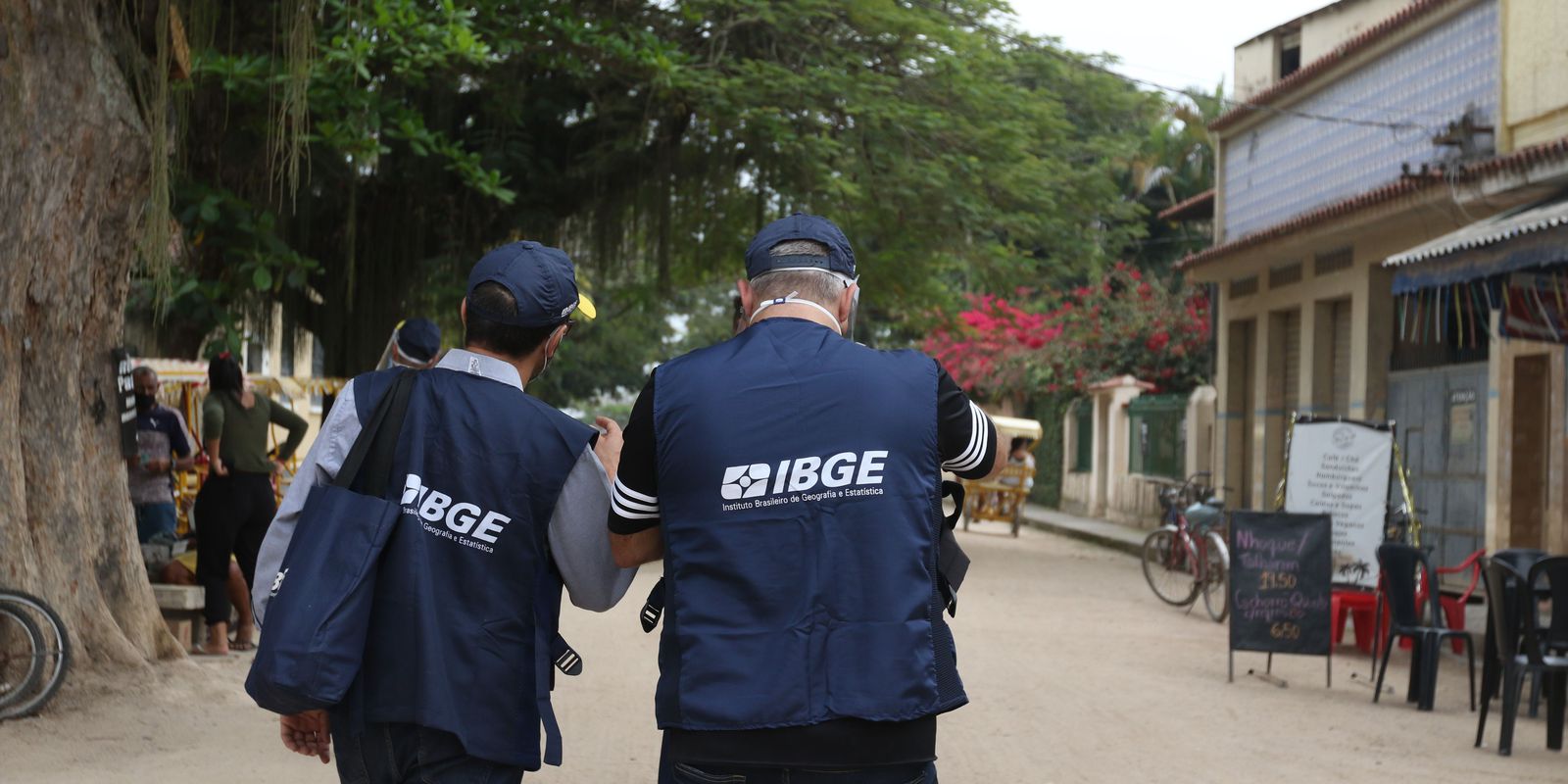Municipalities of cities in several states of the country have been expressing concern about a possible drop in revenue as a result of the release of the 2022 Census preview. This is because, in some cases, estimates indicate a population decrease, which would affect the distribution of resources from the Participation of Municipalities (FPM). Based on the preview of the 2022 Census, the Federal Court of Auditors (TCU) even published at the end of last month the coefficients that would base the transfers in 2023. Questions have already reached the Federal Court and, yesterday (4), 63 municipalities in Pernambuco obtained an injunction that prevents the reduction of revenue.
The FPM is composed of part of the collection of the Union with the Income Tax (IR) and with the Tax on Industrialized Products (IPI). For its distribution, it is up to the IBGE to forward the population data to the TCU, which in turn sets the coefficient for each municipality by applying the methodology defined by law, which also takes into account per capita income.
Brazil usually performs the Demographic Census every ten years. It is the only household survey that covers all 5,570 municipalities in the country. The objective is to offer a portrait of the population and housing conditions in the country. The information obtained subsidizes the elaboration of public policies and decisions related to the allocation of financial resources. The 2022 Census should have been carried out in 2020, but it was postponed twice: first, because of the covid-19 pandemic and then due to budget adversities.
With difficulties to complete all the visits, the IBGE has already announced several times changes in the conclusion forecast. Last week, it announced the preview of population data. This is an estimate based on the collection carried out until December 25, 2022, corresponding to 83% of the Brazilian population. These were the data covered by TCU in Normative Decision 201/2022, which established coefficients for FPM transfers to be carried out in 2023.
According to the IBGE, one of the obstacles to completing the 2022 Census involves the refusal of many residents in meeting the census takers and answering the questionnaire, which is mandatory by law. Anyone who refuses to provide information can receive a fine of up to ten times the minimum wage. Despite this, so far, more than 1.9 million Brazilians have rejected it. The national average of refusal is 2.82% and the highest rate, 5.42%, was recorded in São Paulo.
Faced with the situation, the Municipal Association of Pernambuco (Amupe) filed a lawsuit in Federal Court in favor of the 63 municipalities in the state that would have a drop in revenue. Together, they would not receive R$ 374.3 million. In the action, Amupe points out the violation of Complementary Law 165/2019, which prohibits the reduction of coefficients until a new demographic census is completed. According to the entity, there are reports of “gross deficiencies” in the preview, which would cause irreparable damage to the transfers that will be made from next Tuesday (10).
Judge Frederico Botelho de Barros Viana agreed with the argument and determined that the indices used last year were maintained, prohibiting updating based on the 2022 Census preview. He cited precedents from the Superior Court of Justice (STJ) and the Federal Supreme Court (STF), involving cases that occurred in the past where the reduction of transfers related to the FPM was also suspended.
“The data obtained by the IBGE in the Census carried out until December 2022 may be changed due to the conclusion of the collection with the population of the municipalities involved, as well as due to the adjustment of supposedly incorrect data, which denotes the absence of safe data for definition of the FPM coefficients, at least while the total analysis is not concluded”, wrote Viana. He explained that, according to the legislation, the IBGE must send data to the TCU by August 31 of each year. In this way, the use of the information contained in the preview would constitute a violation of the legal deadline, since it was sent only last week.
The TCU was thus prevented from reducing coefficients based on new data provided by the IBGE, under penalty of a daily fine of R$ 10,000. The decision, however, is valid only for the 63 municipalities of Pernambuco. In other states, mobilizations also occur. According to a survey by the Associação Mineira de Municípios (AMM), 85 municipalities in Minas Gerais would no longer receive R$ 375 million in transfers in 2023. sitethe entity informs that it will make an administrative challenge directly to the TCU.
In the calculations of the Amazonense Association of Municipalities (AAM), 22 cities in the state would be impacted. The entity, which announced yesterday (4) the decision to appeal to Justice, says that the census operation has not yet reached some places of difficult access, such as the headwaters of rivers and riverside communities, impacting on the population measurement. According to the National Confederation of Municipalities (CNM), more than 700 cities across the country could be affected by the reduction in transfers.














